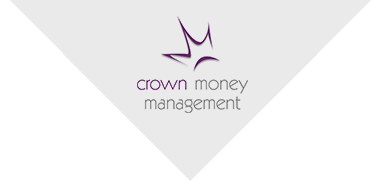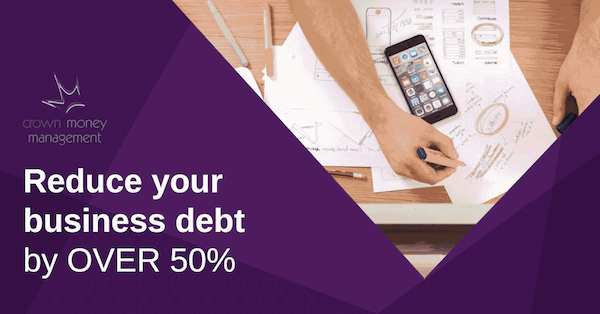1. Automate your finances
One of the keys to creating balance in your financial lifestyle is to automate your finances. The fewer decisions we force ourselves to make, the more successful we’ll be. We’re avoiding what’s called decision fatigue.
Action item: Take 30 minutes today to go through your finances and set up auto payments on everything, just get everything automated. Finally, set up a dollar amount (any dollar amount) to be automatically transferred over to a long term savings account (Superannuation or RAIZ for example).
2. Give yourself a “guilt-free spending” allowance

The key part to a balanced financial lifestyle is when you include a guilt free spending amount in your budget. For example, you might give yourself $50 per week to spend on anything you want. What this does is take any guilt away for buying things that may not be ‘smart’ purchases. This could be coffee, Uber eats, or anything else that you probably don’t need. The dollar amount is small enough that it won’t crush your budget and the impact is huge. You can buy something you want without the feeling of guilt. It’s the same concept that Weight Watchers takes with their weight loss program. You can lose weight and still eat what you want, but you have to keep it in moderation. So only one candy bar per week. This is the same thing. I’m not saying go out and withdraw $300 to blow on anything you want every week— that’s just stupid. But keep it balanced, and keep it in moderation… then you’ll be fine.
Action item: Give yourself a “guilt-free spending” allowance of at least $50 per week for a month, and see how it goes. Use the money on whatever you want!
3. Consider going on a Cash Diet
There are tons of benefits to using cash, but the thing I love most is that it’s finite. Once it’s gone, it’s gone. We spend more with plastic — credit, debit and gift cards — than with cash, according to a study in the Journal of Experimental Psychology. So if you use cash for groceries and only want to spend $200 — only take $200 to the grocery store, in cash. If you want to give yourself $50 per week on guilt-free spending, take it out as cash. When you’ve used that allowance, you physically have no more money to spend. The other thing I love about cash is that it’s visual. You can visually see how much you’re spending. With credit or debit, you have to wait until you log into your account online to see your balance. Using cash for certain shopping trips — or as a short term experiment — might help you reign in spending more than you realise.
Action item: Try switching to cash for a month in a few of your budget categories, like groceries, guilt-free spending, or entertainment. It might be more of a hassle at first, but in the end you will be saving money.
4. Spend Consciously
If you want to lose weight, tracking your nutrition and counting calories is a proven strategy. If you want to save money, spending ‘consciously’ is the best way to go. I know, it’s not fun. It doesn’t have to be complicated. If you’re having a tough time living within your means, give yourself a set amount of money to last you a set period of time (a week), and track your spending using budgeting software, notes on your phone, or a notepad and pen.
Action item: Create a spending plan (budget) and try to stick to it for a week. Break it down into categories, such as Food, Fuel, Entertainment and Bills. Keep track of every dollar you spend on an app (like MyProsperity or Pocketbook), or on notes on your phone, or on an actual notepad and pen. Just by keeping a note of each of your transactions, you will instantly become conscious of where your money is going, and by comparing it to the budget you set, you can start to see the areas where you need to improve.
5. Use the 1:1 method to pay off debt and invest
One problem with debt is that it can seem so completely overwhelming. I’ve had lots of success with the 1:1 method.
- First pick one debt to attack & attack hard. Direct 50% of your available money to this debt each month
- Second, direct the remaining 50% to your long term savings (like superannuation). It’s completely balanced, and you’re able to pay off debt while you save for retirement.
The goal is balance.
Love and Gratitude,
Scott Parry







